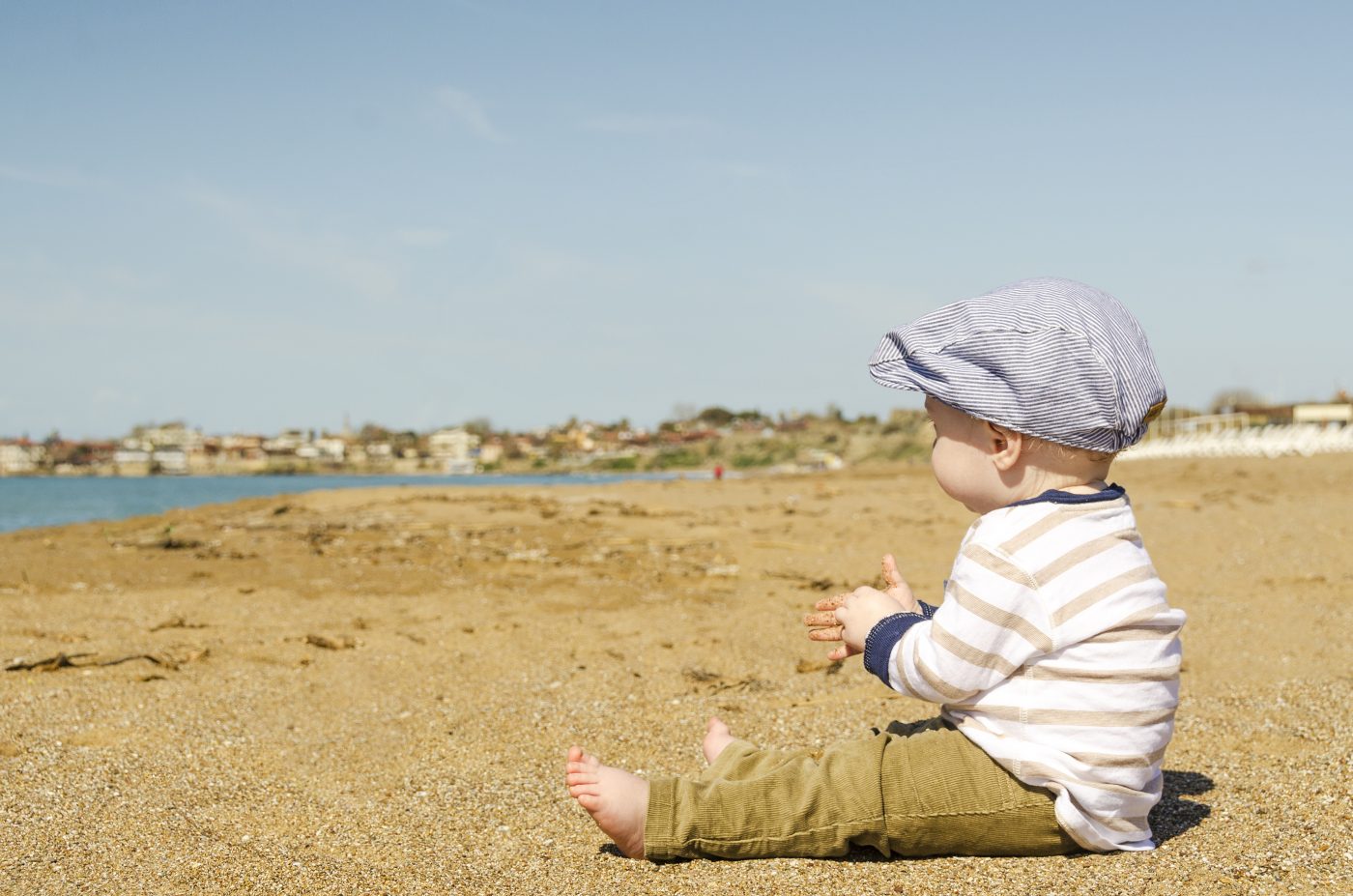
Are you obsessed with tidiness?
Toddlers often mimic what they see their parents doing, so if you are always tidying up after your toddler and pulling sad faces at mess while on the other hand praising your child when he cleans up after himself, he’ll be more likely to model that behaviour himself. If this sounds like you, try to encourage your toddler to take part in playing freely with toys and safe items in the house, such as pulling out the Tupperware from the cupboard. Your toddler needs warmth and encouragement to get his toys out and feel comfortable taking up space with them. As well as copying tidying and cleaning behaviour, some children like to sort, clear up or line up toys.
Tidy toddlers
A tidy toddler may seem like a dream come true to many parents when they are used to toddlers who empty big boxes of toys, boxes of crayons and even their dinner all over the floor. Toddlers usually find playing with toys more fun than tidying up.
As well as copying tidying and cleaning behaviour, some children like to sort, clear up or line up toys. This can ring alarm bells with parents as some of this obsessive behaviour is more common in children with autism spectrum disorders. If your toddler seems to prefer these kinds of activities, don’t stop him but try to encourage other activities and experiences too.
If you’re really concerned, watch your child carefully for other common signs associated with autism spectrum disorders, such as:
Speak to your child’s doctor or ask to be referred to your local child development team to assess your toddler.
Toddlers can be very different in their response to new sensations such as sticky or squishy textures. While some get stuck into messy play (and their nappy cream) with glee, others dislike finger painting and may even ask to have their hands wiped after touching something slimy. If your child is avoiding messy play you will need you to be sensitive and take it slowly to give him a chance to gently explore sensations that he currently finds uncomfortable. So don’t avoid messy play and don’t over do it. Instead, take your time.
Do you hate mess too?
You need to show your toddler that messy, sticky things can be fun by playing with them yourself. This is really important as toddlers gauge threats by how you respond as their parent – it’s called social referencing. Parents who hate mess and stickiness may well be modelling this attitude to their toddler. When you are showing your toddler how safe and fun messy play can be, be gentle and expose him to relatively controlled experiences such as painting with a sponge rather than finger painting or playing with foam from a bubble bath rather than slime. Over weeks and months, your toddler will gently learn that messy play is safe and get used to his hands getting dirty. That doesn’t mean that it will become his favourite activity as some toddlers like it more than others but you can help him to keep exploring new textures and experiences at a speed that he can handle.
When tidinesses and fear of mess signals a problem
Most of the time a ‘tidy’ toddler is nothing to worry about. However, if you are concerned that your child is extremely phobic to mess, doesn’t like to make marks or ‘art’ and is displaying other common behaviours associated with autism spectrum disorders, discuss this with your child’s doctor. It’s a good idea to take along a video of some of the behaviour that concerns you to illustrate your toddler’s normal behaviour – as no toddler behaves in a doctor’s clinic as they do at home.